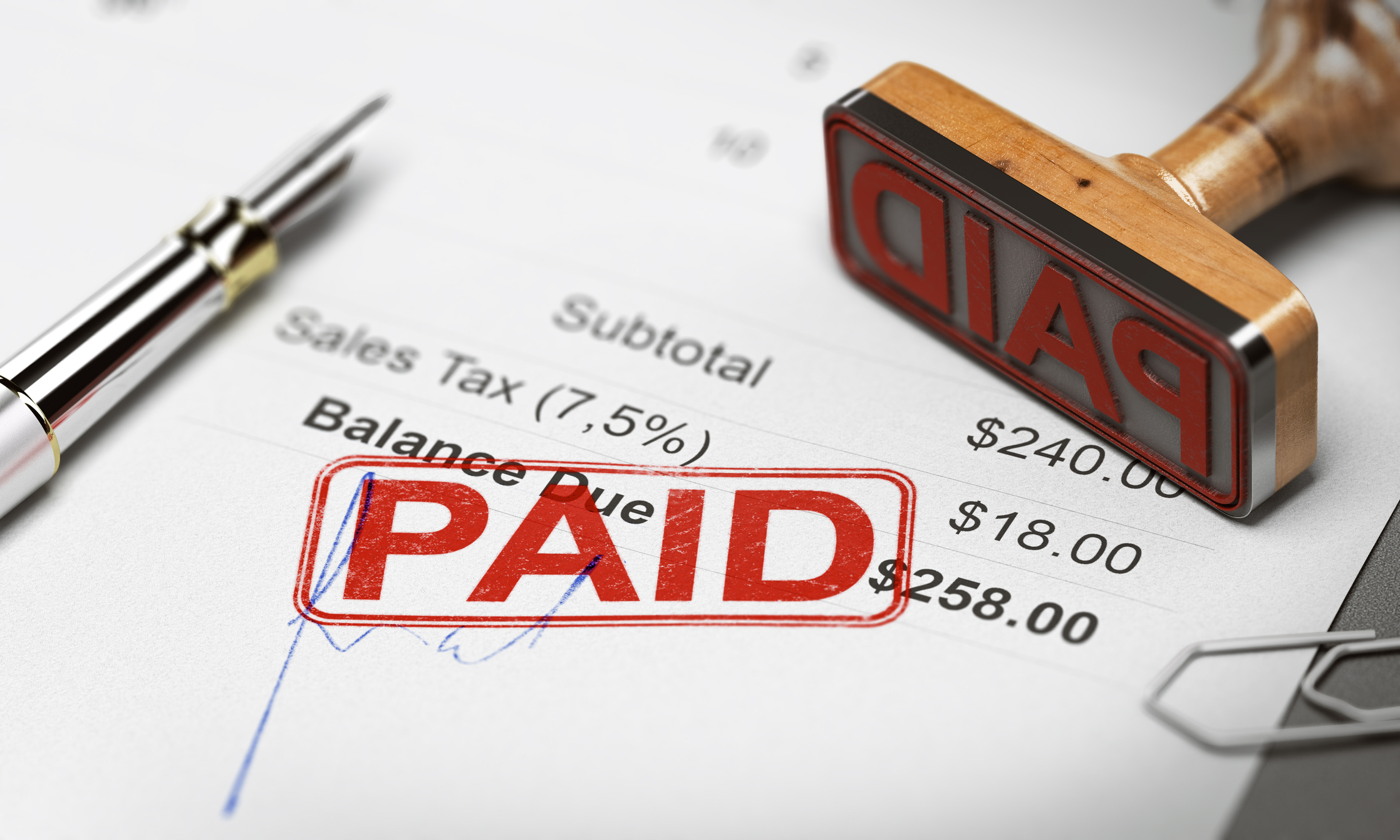Here are three strategies that many people have used over the years and found success with:
Attack high-interest debt first
This strategy is simple, but it works. The best way to get rid of your debt is by first paying off the debts with the highest interest rates. You’ll pay less overall in interest and get out of debt faster. If you owe $10,000 on a credit card at 12% APR, it will take you roughly six years and two months to pay it off if you make only minimum payments, and that’s if you don’t add anything more to your balance! However, if you paid off $5000 of your mortgage instead, which has an APR of 4%, it would take only five years and two months, saving you over three years’ worth of interest payments.
Pay more than the minimum amount needed to service your debt.

Once you’ve determined how much money you must pay off your debt, the next step is to determine which of those loans will be paid off first. It will depend on several factors, including:
- How much money do I have available every month?
- What interest rate does each loan have?
- How long until my loans are paid off completely?
The general rule is that a higher interest rate means a shorter term. If both loans have the same amount due per month, paying off the loan with a higher interest rate may make sense. You should also factor in the time until each loan is paid off completely; if one has eight years left and only three years left, then paying off that second loan will save you even more money over time.
Moreover, this may seem obvious, but credit card companies would like nothing more than to get their customers into a cycle of paying only their minimum due each month. If that were all they had to do, they’d be set! So, if you want to pay off debt faster and save some central bank in the process, consider increasing your monthly payments above what’s required by law so that more money goes towards principal instead of accruing interest charges each month.

Pay yourself first when building an emergency fund
The first step to paying yourself first is to make an emergency fund a priority. I recommend saving at least three months of your essential expenses in cash, such as rent or mortgage, utilities, and food. When choosing the appropriate amount for your emergency fund, consider factors such as where you live, you’ll need more savings if it costs more to live in an expensive city, and whether anyone else lives with you. If so, they’ll likely be contributing some portion of their income toward household expenses. How much money comes into the household each month will help determine how much can be saved and what would happen if all revenue stopped immediately? How long could that last?
Additionally, if you’re going to pay off debt, you need a solid strategy. Credit card interest rates can be as high as 20% or more. That’s a lot of money wasted on something that will never make you happy. But paying down your highest interest debt first is just one piece of the puzzle; there are several other things you can do to make sure your plan is effective.

Furthermore, make a budget and stick to it. It would help if you were honest about how much money you’re making and what it’s going toward. If you don’t have a job or a regular source of income, then you need to figure out another way to make ends meet until things turn around.
Moreover, stay on top of your accounts regularly by paying them off as soon as they’re due or at least making sure they’re paid within 30 days. It will keep your balances low and prevent future late fees and other charges from being added to the bill when they’re due later, which usually happens when people ignore their statements.
To conclude, with some bonus, all three of these strategies can help you pay down your debt faster. Each has its strengths and weaknesses, but all of them are better than the alternative, which is not to have a strategy. Decide which of these three is best for you and start today. You’ll be glad you did!
 About Complete Controller® – America’s Bookkeeping Experts Complete Controller is the Nation’s Leader in virtual bookkeeping, providing service to businesses and households alike. Utilizing Complete Controller’s technology, clients gain access to a cloud platform where their QuickBooks™️ file, critical financial documents, and back-office tools are hosted in an efficient SSO environment. Complete Controller’s team of certified US-based accounting professionals provide bookkeeping, record storage, performance reporting, and controller services including training, cash-flow management, budgeting and forecasting, process and controls advisement, and bill-pay. With flat-rate service plans, Complete Controller is the most cost-effective expert accounting solution for business, family-office, trusts, and households of any size or complexity.
About Complete Controller® – America’s Bookkeeping Experts Complete Controller is the Nation’s Leader in virtual bookkeeping, providing service to businesses and households alike. Utilizing Complete Controller’s technology, clients gain access to a cloud platform where their QuickBooks™️ file, critical financial documents, and back-office tools are hosted in an efficient SSO environment. Complete Controller’s team of certified US-based accounting professionals provide bookkeeping, record storage, performance reporting, and controller services including training, cash-flow management, budgeting and forecasting, process and controls advisement, and bill-pay. With flat-rate service plans, Complete Controller is the most cost-effective expert accounting solution for business, family-office, trusts, and households of any size or complexity.




